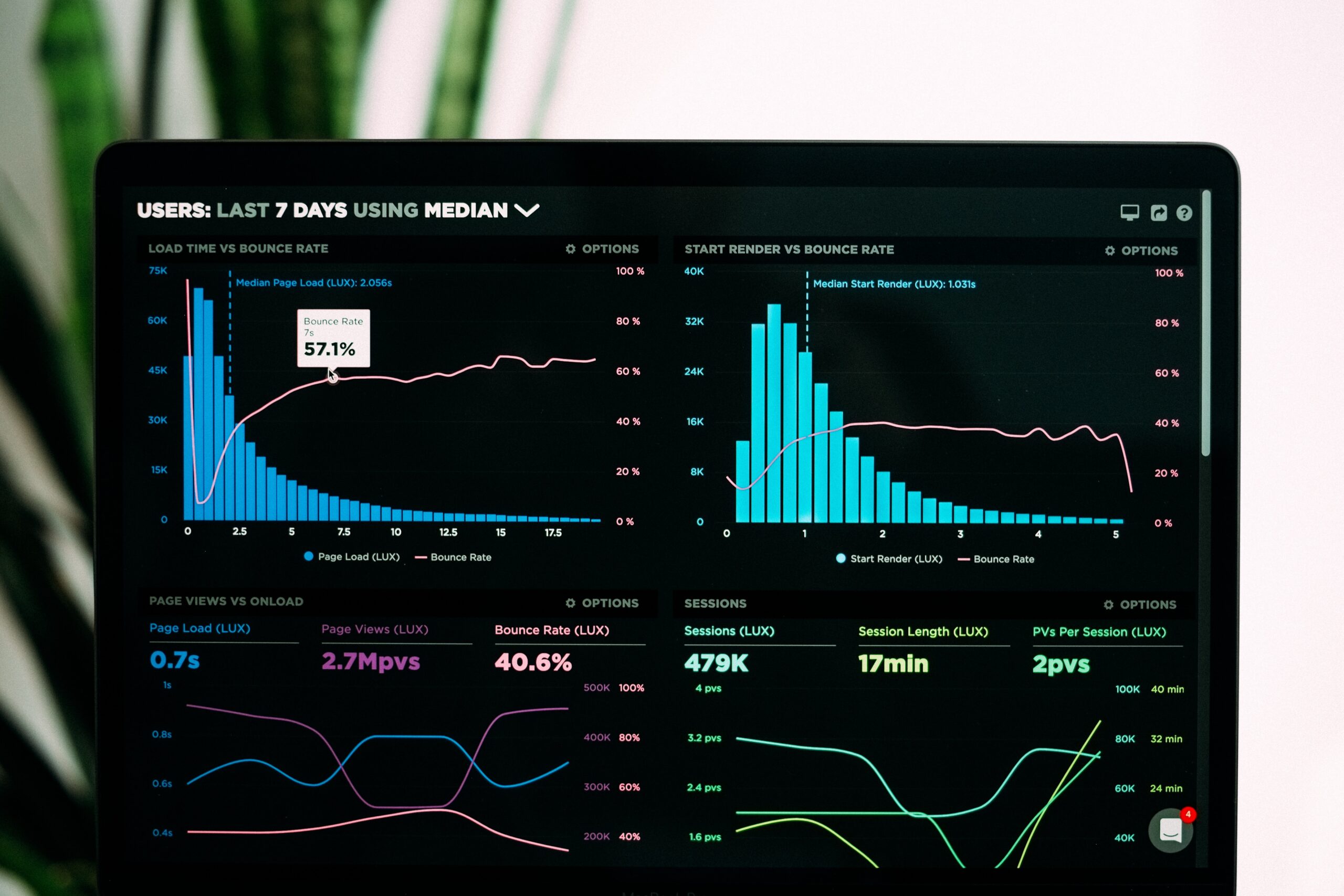Data analysis is a crucial skill in today’s data-driven world. Whether you are a business professional, a researcher, or someone who is simply interested in making sense of data, having the ability to analyze and interpret data is highly valuable. In this article, we will introduce you to the field of data analysis, discuss the skills required to excel in this field, and provide tips on how to learn data analysis effectively.
First and foremost, data analysis involves the process of inspecting, cleaning, transforming, and modeling data to discover useful information and draw conclusions. It requires a combination of technical skills, analytical thinking, and domain knowledge. Some of the key skills required for data analysis include:
- Statistical knowledge: Understanding statistical concepts and techniques is essential for data analysis. This includes knowledge of probability, hypothesis testing, regression analysis, and more.
- Programming skills: Proficiency in programming languages such as Python or R is crucial for data analysis. These languages are widely used for data manipulation, visualization, and statistical analysis.
- Data visualization: Being able to effectively communicate insights from data through visualizations is an important skill for data analysts. Tools like Tableau or ggplot in R can help in creating impactful visualizations.
- Domain knowledge: Having a good understanding of the specific domain you are working in is important for data analysis. This helps in asking the right questions, identifying relevant variables, and interpreting the results accurately.
Now that you know the skills required for data analysis, let’s discuss how you can learn and improve these skills:
- Online courses: There are numerous online platforms that offer data analysis courses. Websites like Coursera, Udemy, and DataCamp provide comprehensive courses that cover various aspects of data analysis.
- Books and resources: There are plenty of books and online resources available that can help you learn data analysis. Some popular books include ‘Data Science for Business’ by Foster Provost and Tom Fawcett, and ‘Python for Data Analysis’ by Wes McKinney.
- Practice: The more you practice, the better you become at data analysis. Look for real-world datasets to work on, participate in Kaggle competitions, or take up data analysis projects to apply your skills.
Data analysis is a skill that is in high demand across industries. By acquiring the necessary skills and continuously learning and practicing, you can become a proficient data analyst and leverage data to make informed decisions.

